
The Giver is all about remembering distant memories. Coincidentally, it also reminds me of all the dystopian future community with beautiful teen rebel protagonist movies we've been seeing lately.
But to be fair, The Giver has a slightly different tone. It's more thought-provoking and rooted in emotion than other young adult films before it (Hunger Games, Divergent). The fresh approach makes it worth watching.

This will make more sense when you watch the movie.
Ok, time for some context. The Giver is about a seemingly perfect community governed by very strict and specific rules. There is no conflict, no one lies, and everyone has an assigned place in the community. It has a Stepford Wives feel to it - utopia with a dark secret.
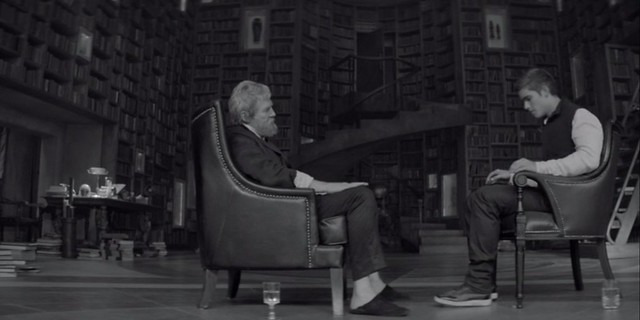
No matter if you're black or white in this world.
The story's main protagonist is Jonas who, on the day of his graduation, is given the job of receiver of memories - the only person in the community charged with keeping all of the memories (or history) before their world became "perfect". The "Giver" is the one who passes on these memories to Jonas. As Jonas learns more about their past, the more he realizes that there's so much missing in their "perfect" community.
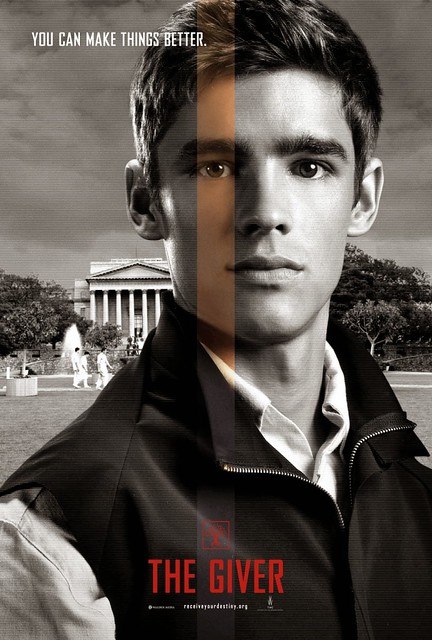
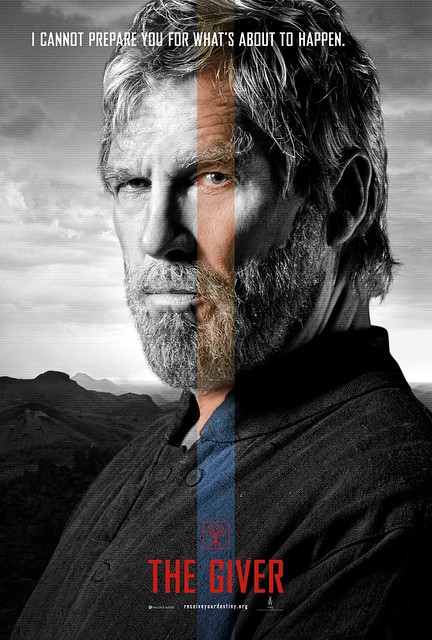
The only characters worth noting.
You'll notice that they call it memories, instead of just history. Memories imply a personal attachment to the history; an emotional connection. It's what I enjoyed in this movie. It had some poignant moments of joy and warmth. I thought the scenes between Jacob and The Giver were really sincere and heartfelt. Jeff Bridges, even though he was eating some of his words, was perfect for the world-weary Giver.
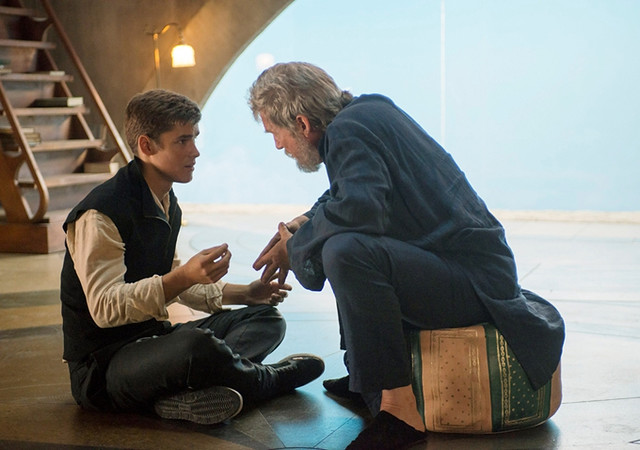
The visual style aided greatly in the emotional undertone of the movie. The supercuts of "memories" we're beautifully done, even though they might be a bit heavy-handed for some. And I appreciated nuances like the saturation control as the not-so-subtle analogy of the world coming to life.

Jonas tries to make sense of the memories.
The visual style aided greatly in the emotional undertone of the movie. The supercuts of "memories" we're beautifully done, even though they might be a bit heavy-handed for some. And I appreciated nuances like the saturation control as the not-so-subtle analogy of the world coming to life.
My brother's and I had one problem with the plot though. It's supposed to be a sedated community with no room for emotion. And yet we're shown kids having fun in the background, friends forging bonds, authority figures growing more aggravated. It just feels like they pick and choose when to be emotionless when it should ALWAYS be emotionless. According to the premise of the story, at least.
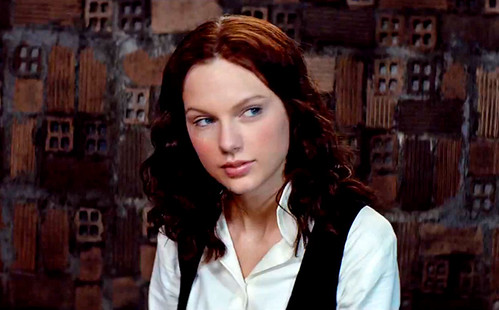
Also, don't watch if you're just going to for Taylor Swift.
Anyways, it's a minor gripe. The movie was still an enjoyable dystopian young adult film. While still containing some cliche YA elements like the love triangles and the cutesy teen heartthrobs, it's angle as a character and societal study is refreshing. It the same as the films before but also so much more.
MICMIC RATING: 7 / 10 ...Giver-take. (Budubum-tssss.)
SPOILER ZONE! DO NOT READ IF YOU'RE ABOUT TO WATCH THE MOVIE.
Got a bit of a problem with the ending and I just want to put it out there.
It just felt weird that everything could be solved by crossing this magical memory barrier. With the other elements of the movie being grounded...well, sort of....the movie's ultimate solution felt rather underwhelming.
But my sister, who's read the book this was based from, said that the ending was more open-ended. It's heavily implied that Jonas just dies in the end and that his images of the sled and the happy home were just his last visions alive. His act of rebellion was really what sparked the return of emotion and choice in their community.
I think I like that ending better.
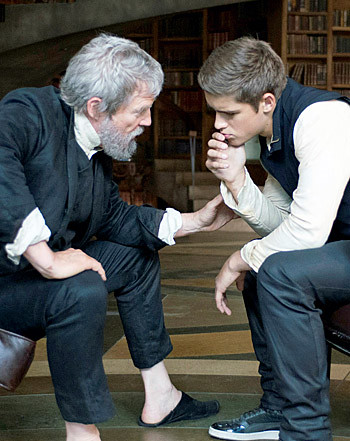
Does a world without hate, despair or need, justify the loss of joy, art, and love?
Is living without love even living at all?
Is living without love even living at all?

No comments:
Post a Comment